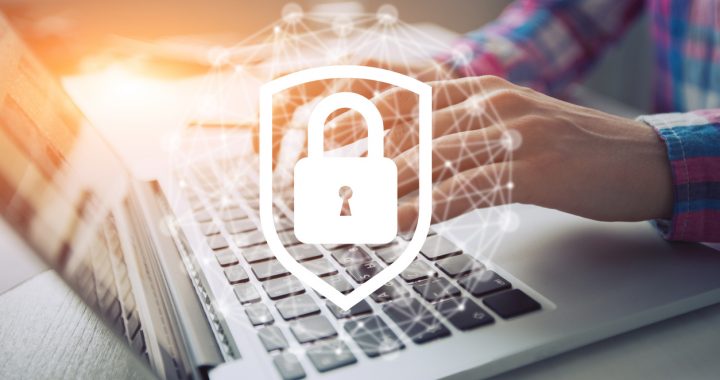Taken on July 8th from GoToMeeting tips.
As cases of Coronavirus (COVID-19) continue to spread across the globe, more and more people are shifting to remote work. With this global shift, there are increased cyber and phishing attacks, scammers, fake websites, and more. GoToMeeting uses robust encryption mechanisms and protocols designed to ensure the confidentiality, integrity, and authenticity for data that is transmitted between LogMeIn and users and stored within LogMeIn. While we are actively tracking COVID-19 related malicious activity, there are additional measures you can take to stay secure while working and meeting remote.
What you can do for additional GoToMeeting security:
- Password protect your meetings. Require attendees to enter a meeting password when they join. For security reasons, GoToMeeting does not send the password for you – you must include the password in the meeting invite or send it to attendees in other ways (email, chat, etc.). If you plan to record a password-protected meeting, it’ll be saved locally to your computer even if you have cloud recording enabled. Learn more.
- Lock your meeting once you’re in session. To prevent unexpected attendees from joining your current session, lock your meeting. You’ll be notified when an attendee attempts to join and can easily connect all waiting attendees to the meeting by unlocking. Learn more.
- Dismiss attendees you don’t recognize. If there is an unidentified attendee or a name you don’t recognize, excuse them. They will immediately be removed from the session and notified. Learn more.
- Give recording access to specific people. For full control over your recording, enter email addresses of those who can view your meeting recording. To view, those users will have to enter their email address and a 6-digit confirmation code. This can be done at an account level or per recording. Learn more.
- Share specific content of your recording. Include and exclude specific content (video, transcription, notes, session info) in your shared meeting recording. Learn more.
- Set an expiration date on your recording. For security purposes, your recording link expires after 7 days by default. Change the expiration date to expire after one day up to one year. Once expired, no one will be able to access the recording besides you (the organizer). Learn more.
- Use a new meeting ID. For confidential meetings, schedule a one-time meeting rather than a recurring meeting room. This will generate a new meeting ID and dial-in audio information. Learn more.

